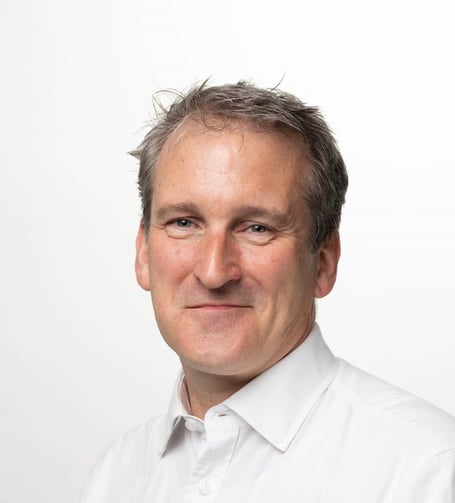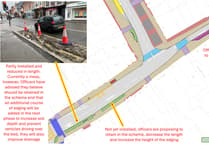Every Wednesday morning, a team of local support and wellbeing groups gathers at Alton Assembly Rooms for Health on the High Street, an initiative run by Alton’s social prescribing team from the Alton Primary Care Network.
For those unfamiliar with social prescribing, it is a way of connecting people to a range of non-clinical services in their community to improve health and wellbeing. The approach aims to address the underlying causes of health issues rather than simply treating the symptoms.
Instead of, or in some cases alongside, prescribing medication, doctors can refer a patient to a social prescribing link worker. This is someone who works with individuals to understand what is really going on and then connects them with the right local support. Link workers can explore the wider issues affecting wellbeing, from isolation and addiction to housing difficulties or money worries.
That might mean referring someone to a fitness class to help with recovery after an injury, suggesting nature-based activities to improve mental health, or signposting to debt advice to relieve financial pressure. Many people benefit from several types of support at once, such as those living with multiple long-term conditions who may also be socially isolated, offline and without nearby family to help.
The goal is simple: to address the root causes of poor health, not only the symptoms.
And it is not only GPs who can make referrals. Pharmacies, job centres, housing associations and the fire service can all play a part, and self-referrals are also welcomed.
The impact nationally is growing. The National Academy for Social Prescribing estimates that more than one million people were referred to social prescribing services by their GP in 2023, exceeding the government’s previous target of 900,000. Research also suggests that social prescribing reduces unnecessary GP appointments, A&E visits and hospital admissions, saving the NHS money while improving people’s lives.
In the Alton area, the service is run by the A31 Primary Care Network, which covers the two Alton surgeries as well as Boundaries Surgery in Four Marks. Senior partners from these practices work with social prescribers to identify preventative therapies to improve community health. There are similar networks at the Grange and Swan surgeries in Petersfield.
To build on this work, Health on the High Street takes place every Wednesday as a drop-in community event, offering direct access to local organisations and services. It is a clear example of how a local initiative can help the NHS focus on prevention and provide support closer to home.
At a recent visit I was struck by the variety of support available. I spoke with FedCap, which helps local people back into work, and caught up with Chrissy Humphrey, one of Alton’s experienced social prescribers. Each week brings different groups and services, and it is well worth stopping by to see what help is on offer.
Next Wednesday (October 15), Health on the High Street will be at the Kingsley Centre. For more information, visit www.a31pcn.co.uk/hoths.





Comments
This article has no comments yet. Be the first to leave a comment.